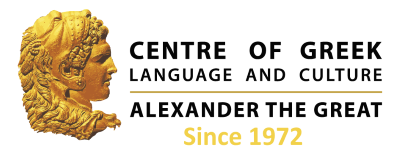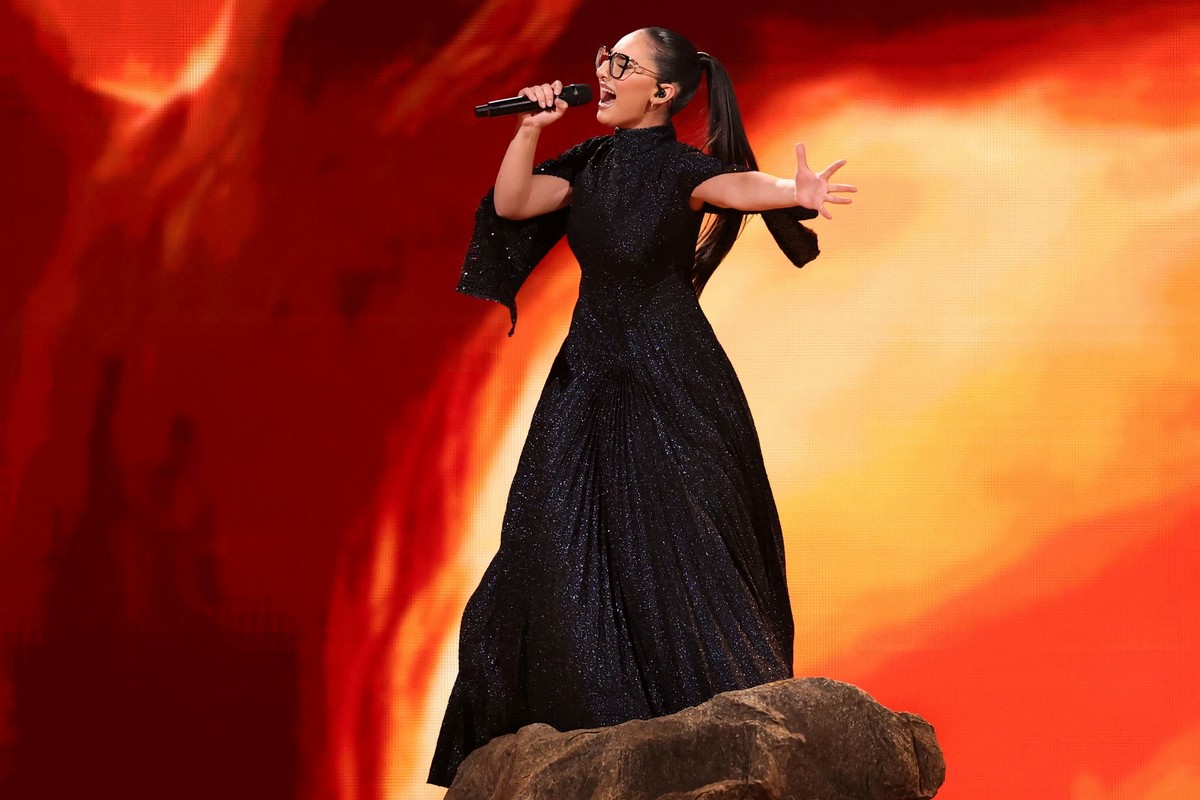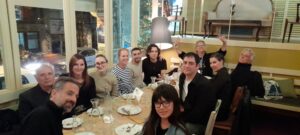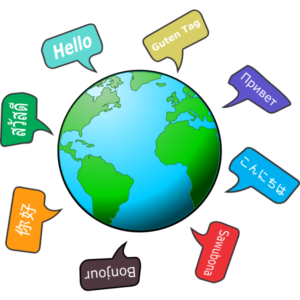As we approach the grand final of Eurovision, we would like to express our appreciation for Greece’s representative, Klavdia, who chose to sing in her native language — Greek. At a time when the contest often favors English-language entries, her decision stands out as an act of artistic courage and cultural integrity.
We believe Eurovision, at its heart, should be a celebration of Europe’s linguistic and cultural diversity. The contest was born in 1956, a decade after the Second World War, as a way to bring European nations together through music. Each country brings its own history, voice, and cultural heritage to the stage — and language is a fundamental part of that identity.
Europe is not one homogeneous entity. It is a beautiful mosaic of peoples, traditions, sounds, and tongues. Just as we celebrate different musical styles and regional costumes, we should also celebrate the richness of Europe’s many languages. From Portuguese fado to Ukrainian folk rhythms, from French chanson to Greek melodies — each language carries centuries of poetry, feeling, and memory.
At our Greek language school, we know how deeply connected language is to culture and identity. Singing in one’s own language is not just about national pride — it’s about contributing authentically to the European dialogue.
We hope Eurovision continues to evolve in a direction that honors and protects the multilingual spirit of Europe. Let every country sing in its own voice.
Listen Klavdia’s “Asteromáta” here.



